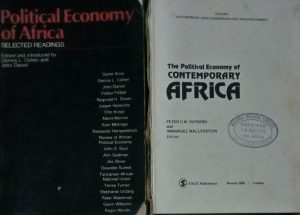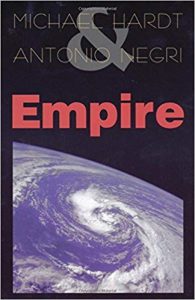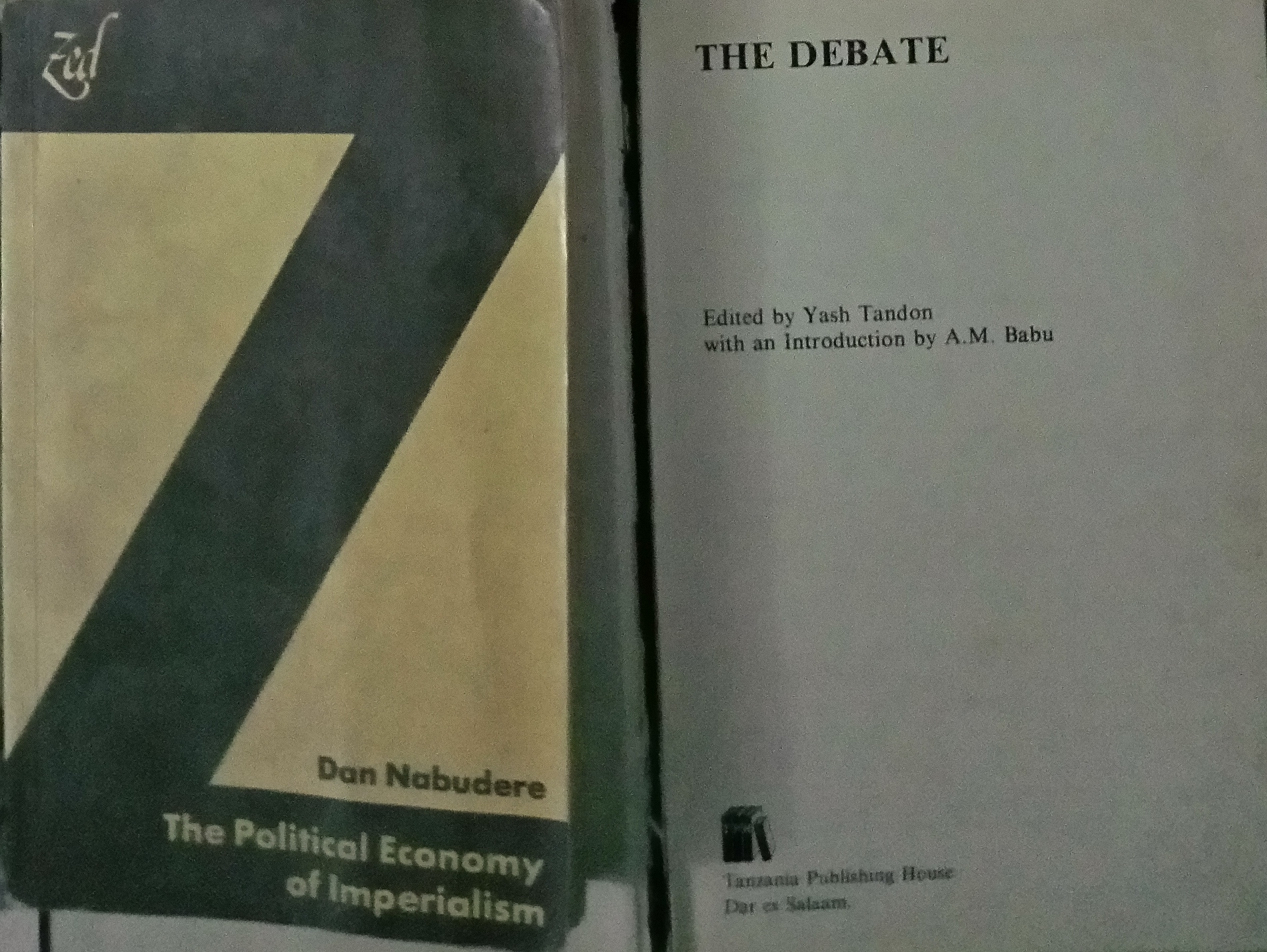It is not impossible but very unlikely that these books form part of the reading list anymore across Nigerian universities. But they were the books without which the First Degree in the Humanities was incomplete a few decades ago, from Economics to Geography, History, Sociology, Political Science, International Studies, Mass Communications, Anthropology, Development Studies, Business Administration, Literary Theory and even Law.

Hot texts in the days gone by. Have they expired or what?
Other than classics of postcolonial theory such as Fanon’s The Wretched of the Earth, Rodney’s How Europe Underdeveloped Africa and the corresponding stuff from Literature, (Ngugi Wa Thiongo, Arma and so on), the classics of Political Economy were the reigning stuff.
The big news is that these are no longer the stuff. This is not an empirically backed claim but how could they be part of the reading list and there would be no references to them in any platforms of popular culture – films, internet, literature, traditional and social media?
Could the arguments they pushed have become obsolete? That cannot be since classics do not expire. To insist on that is to suggest that Clausewitz is no more relevant in Strategic Studies class simply because his classic, On War, didn’t have much to say specifically on ‘Net wars’ or ‘Fourth Generation’ wars. But, even with the Revolution in Military Affairs, (RMA), Clausewitz is still the guy to beat. So also these texts because they are the classics of the subject matter they dealt with.

 Of course, political economy itself has moved on from the essentially materialist analysis deployed in these books. It has been a remarkable shift, to the point that even the most established authorities in the field today talk of variables such as hegemony, power or exploitation taking many forms beyond rationalist, materialist or economistic analysis. In other words, political economy has so re-invented itself in a manner that deterministic, class-centric orthodoxy have been yielding grounds to Gramscian Marxism, critical political economy, poststructuralism, feminist criticism, post-colonial and variants. It is not surprising that ALL the new or key voices in current academic attempts at understanding contemporary capitalism trace their intellectual and even ideological roots to Marxism, be it Leo Panitch and his friend’s conception of Imperialism as (American) Empire; Hardt and Negri’s completely different reading of Empire in a book of that title; David Harvey’s very holistic thesis of ‘The New Imperialism’; what one can call Marxian realism promoted by Callinicos; the fascinating analysis of Globalisation in the unique sense of Hegemony pursued by Agnew and the scholars of good, old critical theory. So, changing analytical departures cannot explain the marginalisation of these texts. What might then?
Of course, political economy itself has moved on from the essentially materialist analysis deployed in these books. It has been a remarkable shift, to the point that even the most established authorities in the field today talk of variables such as hegemony, power or exploitation taking many forms beyond rationalist, materialist or economistic analysis. In other words, political economy has so re-invented itself in a manner that deterministic, class-centric orthodoxy have been yielding grounds to Gramscian Marxism, critical political economy, poststructuralism, feminist criticism, post-colonial and variants. It is not surprising that ALL the new or key voices in current academic attempts at understanding contemporary capitalism trace their intellectual and even ideological roots to Marxism, be it Leo Panitch and his friend’s conception of Imperialism as (American) Empire; Hardt and Negri’s completely different reading of Empire in a book of that title; David Harvey’s very holistic thesis of ‘The New Imperialism’; what one can call Marxian realism promoted by Callinicos; the fascinating analysis of Globalisation in the unique sense of Hegemony pursued by Agnew and the scholars of good, old critical theory. So, changing analytical departures cannot explain the marginalisation of these texts. What might then?
Could it be the intellectual, ideological and policy confusion in the aftermath of the geopolitical crash of 1991? Or the poverty of academia after its wreckage by formal repression and SAP? Or is the problem traceable to the NGO regime that took over the post Cold War world? NGOs, especially the international NGOs would argue that famine, for example, has nothing to do with imperialism but everything to do with bad governance, corruption and similar processes specific to internal composition. But it could also be as a result of the ‘muti-modal’ turn, a turn which encourages people to read only images rather than texts. Pictures, text messages and graphics generally have taken over and define the reading culture.
So, unless research reveals that there are departments where these texts still appear on the reading lists, it is farewell to political economy as we knew it!




























